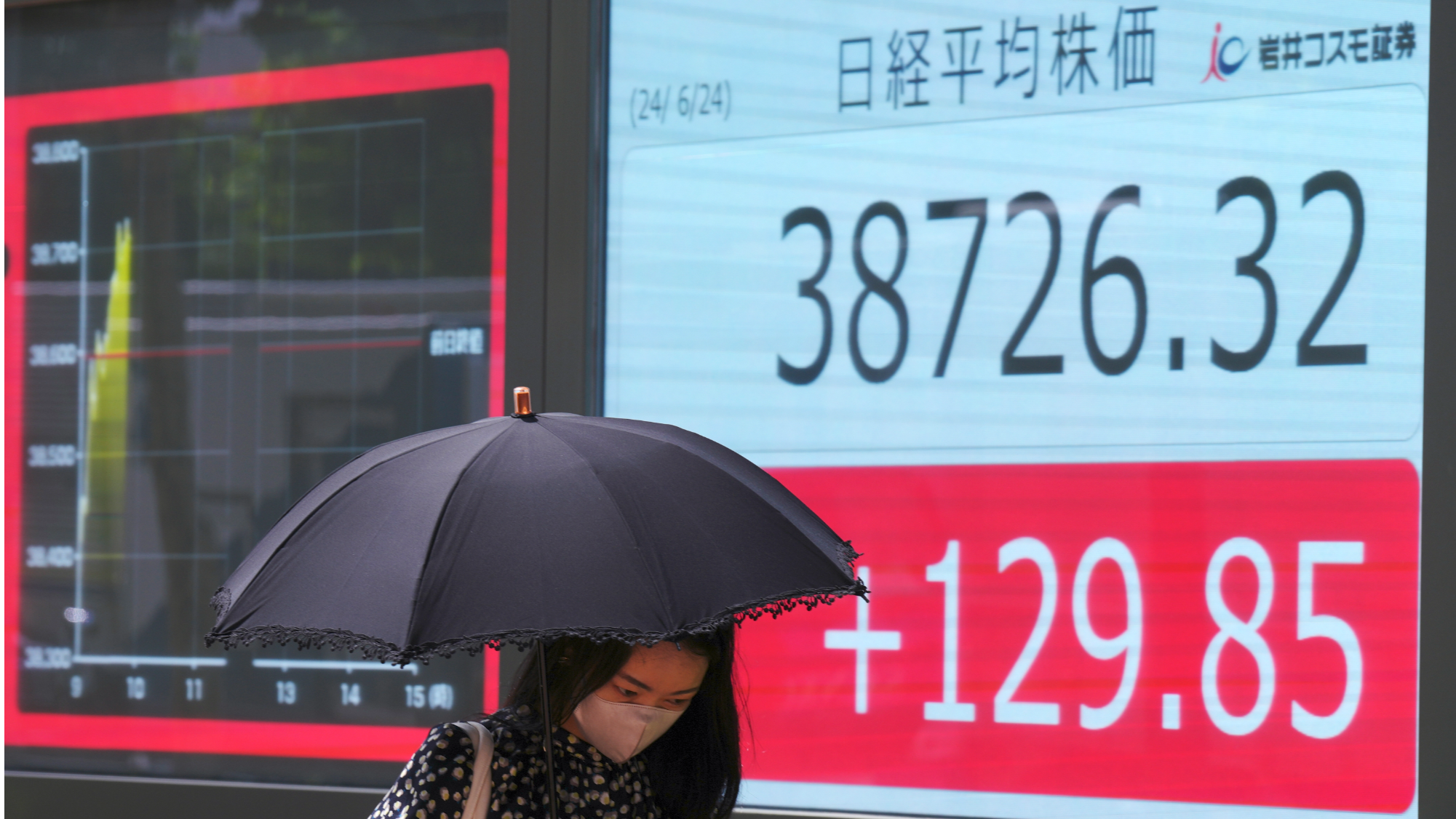
TOKYO — Japan stands ready to take appropriate steps against volatile currency moves at "any time," the country's top currency diplomat said Monday, as the yen neared the 160 line against the US dollar, a level that previously prompted authorities to intervene in the market.
Masato Kanda, vice-finance minister for international affairs, warned that excessive yen fluctuations negatively affect the economy. "We are ready to take appropriate action at any time," he told reporters.
On April 29 when the yen touched a 34-year low of 160.245 per US dollar, Japanese authorities stepped into the market and spent some 9.8 trillion yen ($61.64 billion) to prop up the currency
The yen's weakness persists after the Bank of Japan's decision this month to hold off reducing bond-buying stimulus until its July meeting. The yen weakened to 159.94 per US dollar in early trade on Monday, its lowest since April 29.
READ MORE: Japan's yen hits fresh 34-year low after BOJ holds interest rates
Kanda said he was aware the yen's decline towards 160 to the dollar has heightened market caution that another round of yen-buying, dollar-selling operations may come.
Noting that Japanese authorities have no specific yen levels in mind on when to intervene, Kanda reiterated that currency moves should be stable, reflecting economic fundamentals.
"If it (the US dollar) moves by several yen on the release of one economic indicator or someone's comments, the fluctuations are not based on fundamentals. In times like this, we have no choice but to judge that they are driven by speculators," Kanda added.
READ MORE: Weaker yen becomes headache for Japanese biz leaders, holidaymakers
On April 29 when the yen touched a 34-year low of 160.245 per US dollar, Japanese authorities stepped into the market and spent some 9.8 trillion yen ($61.64 billion) to prop up the currency.



